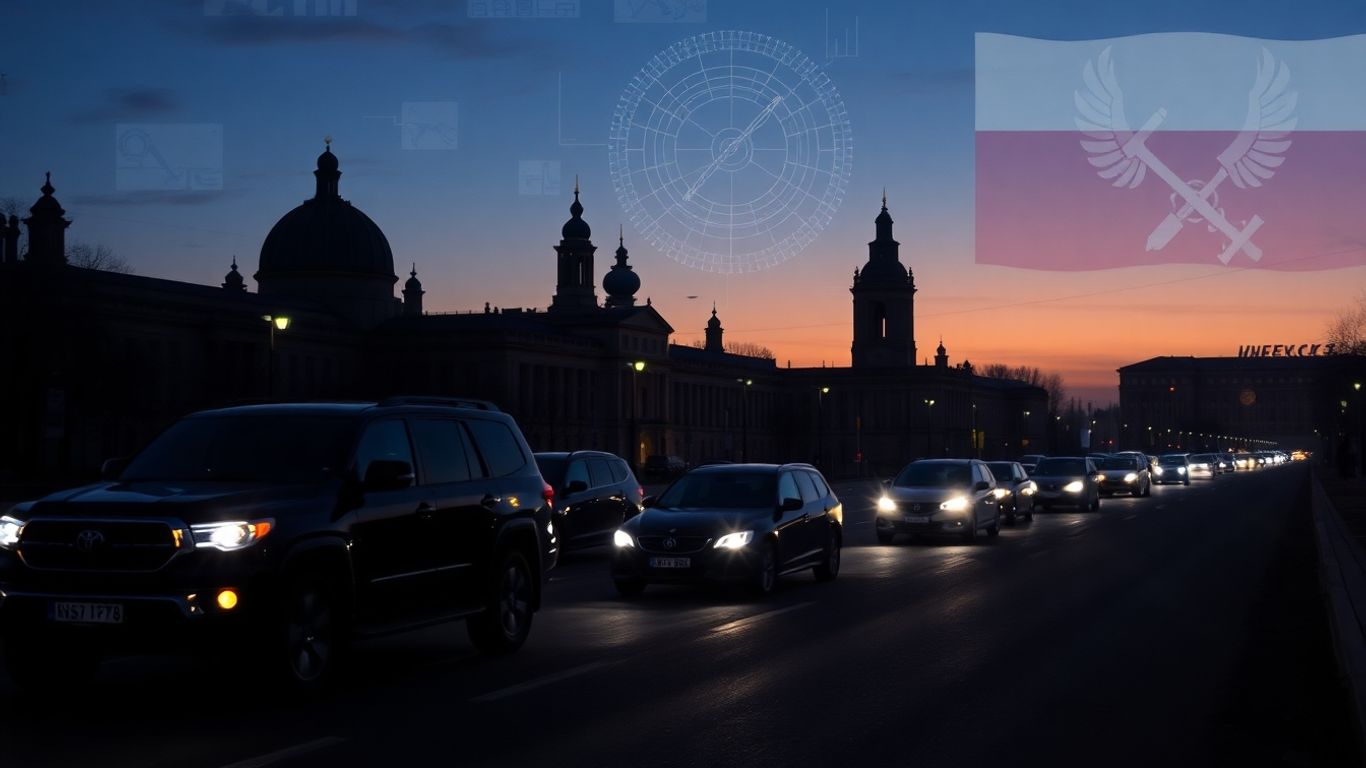A plane carrying European Commission President Ursula von der Leyen experienced GPS jamming as it approached Bulgaria, sparking accusations of Russian interference. The incident, which did not prevent a safe landing, has heightened concerns about growing electronic warfare tactics as tensions between the EU and Russia remain high.
Key Takeaways
- Von der Leyen’s plane lost GPS navigation when approaching Plovdiv, Bulgaria.
- EU and Bulgarian officials suspect deliberate Russian interference.
- Incident underscores the increasing use of electronic warfare near the EU’s eastern borders.
Details Of The Incident
On August 31, 2025, European Commission President Ursula von der Leyen was en route to Plovdiv, Bulgaria, as part of a four-day diplomatic tour of Eastern European countries bordering Russia and Belarus. As her plane neared its destination, the crew reportedly lost GPS navigation capabilities. Bulgarian aviation authorities confirmed that the disruption was caused by jamming of the satellite signal used for in-flight navigation.
With GPS offline, the pilots switched to terrestrial navigation methods, including paper maps and manual calculations, to ensure a safe landing at Plovdiv Airport. The European Commission later stated that Bulgarian authorities suspect Russian interference was behind the jamming episode.
Historical Context: An Escalation In Electronic Tactics
This incident is not isolated. In recent years, Western officials and intelligence agencies have reported an uptick in attempts by Russia and its proxies to interfere electronically with air and sea navigation across Eastern Europe and the Baltic region. Notably:
- In 2024, a Finnish airline suspended flights after similar GPS disruptions near the Russian border.
- The previous year, a plane carrying the UK’s defense secretary had its navigation systems jammed while near Russian territory.
Such jamming can pose serious risks to commercial and governmental aircraft, especially near contested or sensitive regions.
Political Ramifications And Official Responses
President von der Leyen’s visit is seen as particularly sensitive due to her vocal criticism of Russia’s actions in Ukraine and unwavering support for the EU’s eastern border states. In response to the incident, EU officials stated the event underscored the urgency of ongoing efforts to strengthen Europe’s defensive posture and support for Ukraine.
While the Kremlin dismissed the allegations as incorrect, Western leaders remain concerned about Russia’s willingness to employ electronic warfare beyond conflict zones. The EU has suggested increased investments in defense technologies and protocols to guard against similar attacks in the future.
What’s Next For European Security?
This event comes at a time of shifting dynamics in the region as the EU and the United States debate strategies for long-term security guarantees for Ukraine. Discussions continue over troop deployments and commitments to deterring further aggression from Russia and its allies. As negotiations unfold, the safety and readiness of Europe’s eastern states remain a top priority for EU leadership.






